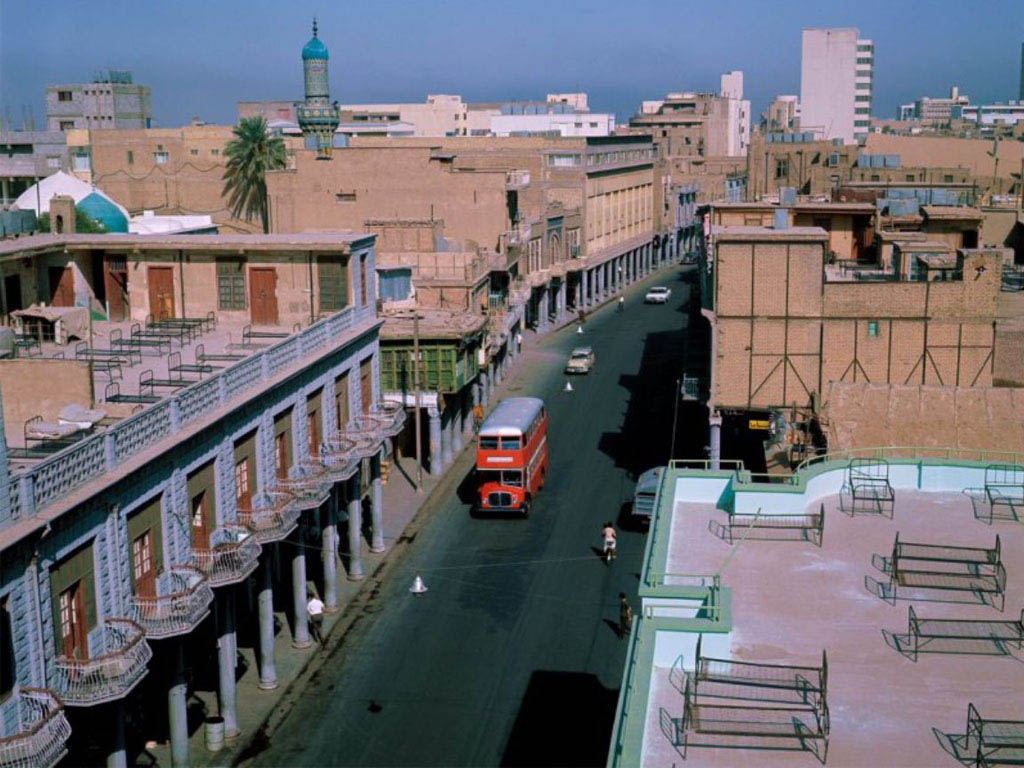The Iraqi capital Baghdad is not facing immediate danger from ISIS jihadists despite battlefield gains by the group in the country's west and recent car bombings in the city, the US military said, Al Arabiya reported.
Pentagon spokesman Rear Admiral John Kirby acknowledged several deadly bombing attacks in Baghdad earlier Thursday, including one claimed by ISIS, but said the city's defenses were solid.
"We don't believe that Baghdad is under imminent threat," Kirby told a news conference.
"It's not the first time in recent weeks or even months that there's been IED attacks inside Baghdad," he said, using the military's abbreviation for an improvised explosive device or homemade bomb.
The car bomb blasts in and around Baghdad killed at least 26 people and wounded dozens, Iraqi police and medical sources said. One double car bomb attack was claimed by ISIS, which said it targeted a group of Shiite volunteer fighters.
But Kirby said Baghdad was not encircled or about to be overrun.
"There are not masses of formations of ISIS forces outside of Baghdad about to come in," he said.
Iraqi security forces "continue to stiffen their defensive positions in and around the capital, and in a very competent, capable way."
Despite a U.S.-led air campaign in Iraq that began on August 8, ISIS has been steadily pushing back Iraqi government forces in western Anbar province, raising fears the militants could soon begin to pile pressure on the outskirts of Baghdad.
U.S. military officers have said Iraqi forces have been struggling in Anbar but there have been few coalition air strikes in the area this week, while dozens of bombing raids have targeted ISIS group near Kobane in northern Syria.
Kirby said "terrible" weather and sand storms in recent days had hampered U.S.-led air strikes in Iraq.
"It's made it very hard for us to get intelligence surveillance and reconnaissance platforms up over to see what we're trying to do in Iraq," he said.
The poor weather had freed up American aircraft for additional bombing strikes near Kobane in Syria, where Kurdish fighters have been holding out for weeks against an assault by the IS group, Kirby said.
"One of the reasons you've seen additional strikes (near Kobane) in the last couple of days is because we haven't been able to strike quite as much or quite as aggressively inside Iraq," he said.
Local Kurdish leaders say they have pushed back ISIS extremists in some parts of Kobane and U.S. officials believed dozens of air strikes in recent days had helped halt the advance of the jihadists.
"While the security situation there does remain tenuous, ISIS' advances appear to have slowed, and we know that we have inflicted damage upon them," Kirby said.
The Pentagon press secretary denied the ramped-up air attacks near Kobane represented a change in strategy and said ISIS forces had exposed themselves in their bid to seize the town.
He said Kobane was not necessarily strategic but was important because IS had put so much energy into taking it, and the plight of civilians in the area made it a humanitarian concern as well.
"What makes Kobane significant is the fact that ISIS wants it, and the more they want it, the more forces and resources they apply to it, the more targets are available for us to hit there," Kirby said.






